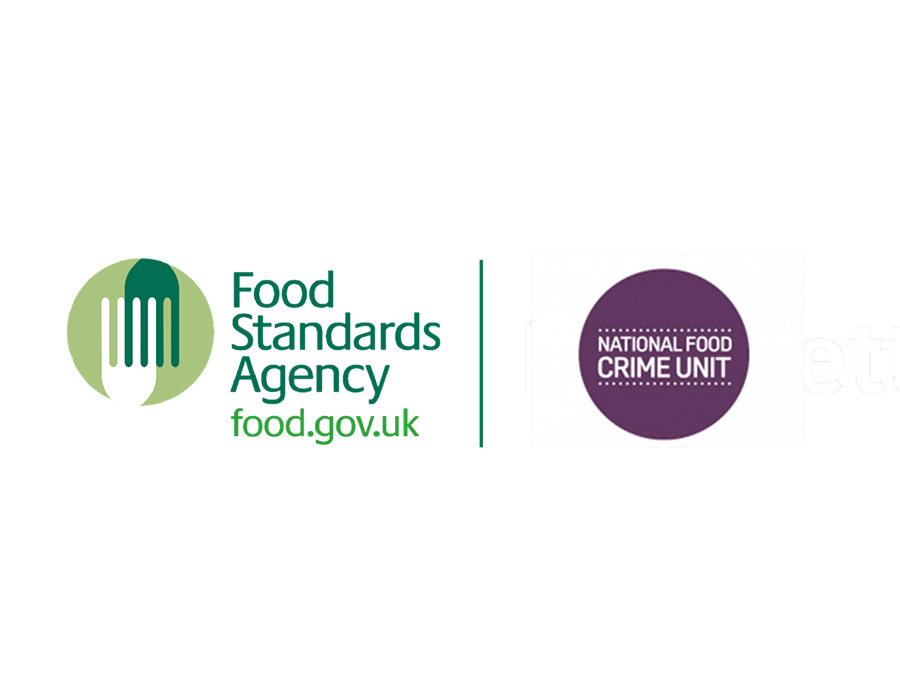Lawyers are urgently warning that the ‘clock may run out’ before an international claim is successfully served, as severe backlogs at the UK’s Foreign Process Section (FPS) continue to impact those in the food and drink sector dealing with overseas clients.
The FPS, which handles the service of claims abroad in compliance with the Hague Convention, is grappling with processing times that could take several months.
Businesses in the food and drink sector hoping to serve documents abroad could run the risk of not successfully serving a claim within the Civil Procedure Rules’ (CPR) six-month deadline, potentially prejudicing their position.
Sneha Nainwal, partner at law firm Shakespeare Martineau, who specialises in cross-border disputes, said: “The FPS handles a range of international disputes, with commercial claims being the most common.
“Typical cases involve a UK-based claimant seeking to recover contractual debts or damages from foreign defendants.
“These cross-border claims, regardless of industry, are increasingly subject to delays due to the FPS backlog.”
The FPS plays a pivotal role in the initial stages of litigation involving the service of documents overseas. When a claimant issues proceedings in the UK and the defendant resides abroad, the FPS ensures legal documents are served accurately and in compliance with international protocols.
This crucial function is central to the ‘international service of claim’ phase – a vital step that sets the stage for the progression of the case towards resolution or settlement. By facilitating this process, the FPS supports the efficient administration of justice across borders.
The current backlog stems from the residual effects of the Covid-19 pandemic. Due to global lockdowns and restrictions, the FPS was temporarily suspended, leading to an accumulation of claims waiting to be processed. This delay has compounded over time, with a growing volume of claims requiring international service.
Sneha said: “The most pressing risk for businesses issuing a claim is the expiration of the six-month period for serving the claim form. Failure to serve within this timeframe could result in the claim being deemed invalid or struck out.
“The best way to mitigate this risk is for claimants to act proactively by ensuring their application to the FPS for serving documents abroad is watertight.
“The FPS enforces strict procedural rules, and any oversight or misstep could result in the rejection of the application, forcing the claimant to restart the process and face further delays in an already backlogged system.
“To avoid this, ensure all documents are in perfect order and apply promptly for an extension if you anticipate difficulty serving within the six-month deadline.
“Don’t leave things to the last minute. For the best chance of success and to avoid unnecessary complications, seek professional advice.”























